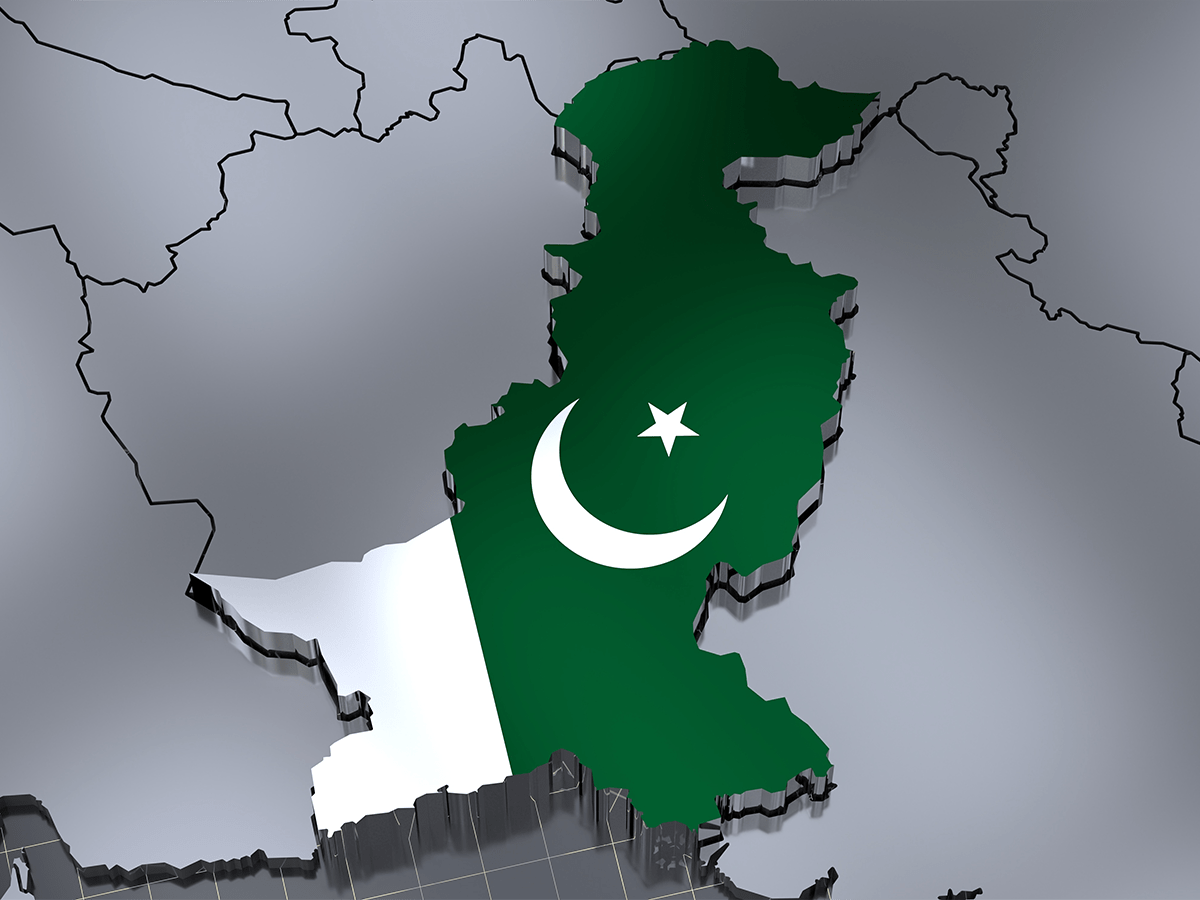Gwadar Protests and their link to China

Recent protests by the populace of Gwadar city in Pakistan are an indication of the resentment amongst the local people, both against the Imran Khan-led PTI government and Chinese predatory policies in South Asia. The fisherman and residents of Gwadar who made their angst against the ‘trawler mafia’, mostly Chinese fishing boats off the Gwadar coast, is an example of how peaceful protest can be effective even today in violence-prone Pakistan. According to the Canadian think-tank International Forum for Rights and Security (IFFRAS), the latest round of protests which ended in mid-December also has the potential to inspire other such agitations across South Asia.
The protests led by Maulana Hidayat-ur-Rehman, Baluchistan general secretary of Jamaat-i-Islami, began in November 2021 when the people of the Port city launched the ‘Gwadar ko haq do’ movement. Gwadar’s residents staged protests demanding action against the trawler mafia by the Federal and Provincial government. IFFRAS reports that the major demand of the protestors was for a ban on illegal fishing of trawlers at the Makran Coast and to protect the rights of fishermen of Gwadar and other areas of Baluchistan. The month-long protests ended on 16 December 2021 after the Federal Government agreed to the demands of protestors. The main demands included a ban on illegal trawling in the Arabian Sea, including massive Chinese fishing operations. Local fishermen have alleged that the ‘trawler mafia’ is looting the marine resources. The fishermen had held protests in June 2021 against licenses being granted to Chinese fishing vessels in sea near Gwadar.
Protests in Gwadar were also against mega plans to develop the port city as part of the China Pakistan Economic Corridor (CPEC). The IFFRAS report aptly points out that when the international media highlighted the problems faced by the people of Gwadar in the face of unregulated Chinese investment the Chinese Foreign Ministry issued a statement that these reports were ‘fake news’. The reality of China’s actions was brought out in a report of the Pakistan SenateStandingCommittee, whichconfirmed that the Chinese ships did not seek permission to enter Pakistan’s waters and “did not respond to the mandatory very high frequency and louder calls.”
The protestors had also demanded the removal of checkpoints erected for the security of Chinese nationals involved in CPEC projects and called for the provision of basic amenities like drinking water, health, education, and employment opportunities that have long been denied in Gwadar despite the billions of dollars that have been pumped into Gwadar Port and other related projects under the CPEC. Chinese presence in Gwadar has been a sore point amongst the residents. Many instances of targeting and kidnapping of Chinese nationals by rebel Baloch nationalist fighters have come to the fore in the past.
Notably, in the last two months of 2021, the mass movement by residents of Gwadar, demonstrated how peaceful protest rallies by tens of thousands of men, women and children could achieve so much. The second half of November 2021 witnessed Maulana Hidayat-ur-Rehman Baloch, a leader of a native fishing tribe, leading the largely local ‘Gwadar Ko Huqooq Do Tehreek’ movement and staging massive rallies and sit-ins in various parts of the province’s Makran division to press for the demands of Gwadar’s residents who number about one hundred thousand. Meanwhile, traders and businesspeople also joined the movement and complete shut-down strikes and blocking of national highways connecting Gwadar with the economic hub of Karachi complemented the rallies and sit-ins.

Starting in early November 2021, JeI cadres demanded “Gwadar ko Haq do” (Give Gwadar its rights). Championing the cause of the Baloch is a new turn for the JeI and the slogan has clearly gotten the support of not just locals, but also those from outside the province. As the face of the protest, Maulana Rehman has received solid support on social media and across sections of the political spectrum. In early December, the Punjab Assembly passed a resolution that introduced PML-N member. Protests by nationalist parties in Baluchistan have never before received the kind of massive support that was witnessed during the agitation of fishermen. It is assessed that the Jamaat’s patronising of Baloch demands could be a game changer!
Analysis of the Gwadar protests by IFFRAS has led to the conclusion that “the Gwadar protests could be an indication of local resentment against Chinese predatory policies in South Asia and that the day was not far off when similar agitations could take place in places like Sri Lanka, Maldives, and Myanmar, once people realize how Chinese investments were ruining their livelihoods.” This is a significant prediction as many other ports in South Asia are under the keen eye of China, who wants to use debt trap policies to take ownership of infrastructure. The best example of this is Hambantota Port in Sri Lanka.

Protests by Gwadar residents against Chinese illegal fishing raises the question of what Chinese boats were doing in Gwadar in the first place? Behind the presence of such boats is the growing domestic demand in China for seafood. Much of this demand can be fulfilled by expanding its fishing operations in distant waters. A Stockholm University study estimates that by 2030, China may require up to 18 million tonnes of additional seafood to satisfy projected domestic consumption, which it can partly meet by expanding its distant water fishing operations.
Pakistan in general, and the province of Baluchistan in particular, has been no stranger to demands by its population for basic rights that have either been denied or snatched away from them. What is amply clear from the experience of the “Gwadar Ko Huqooq Do Tehreek” movement is that it proves that peaceful protest is still a potent tool, and that in Gwadar and other similarly suppressed places, lasting success and progress can only be achieved through taking the local population along. Is the Imran Khan government listening?






